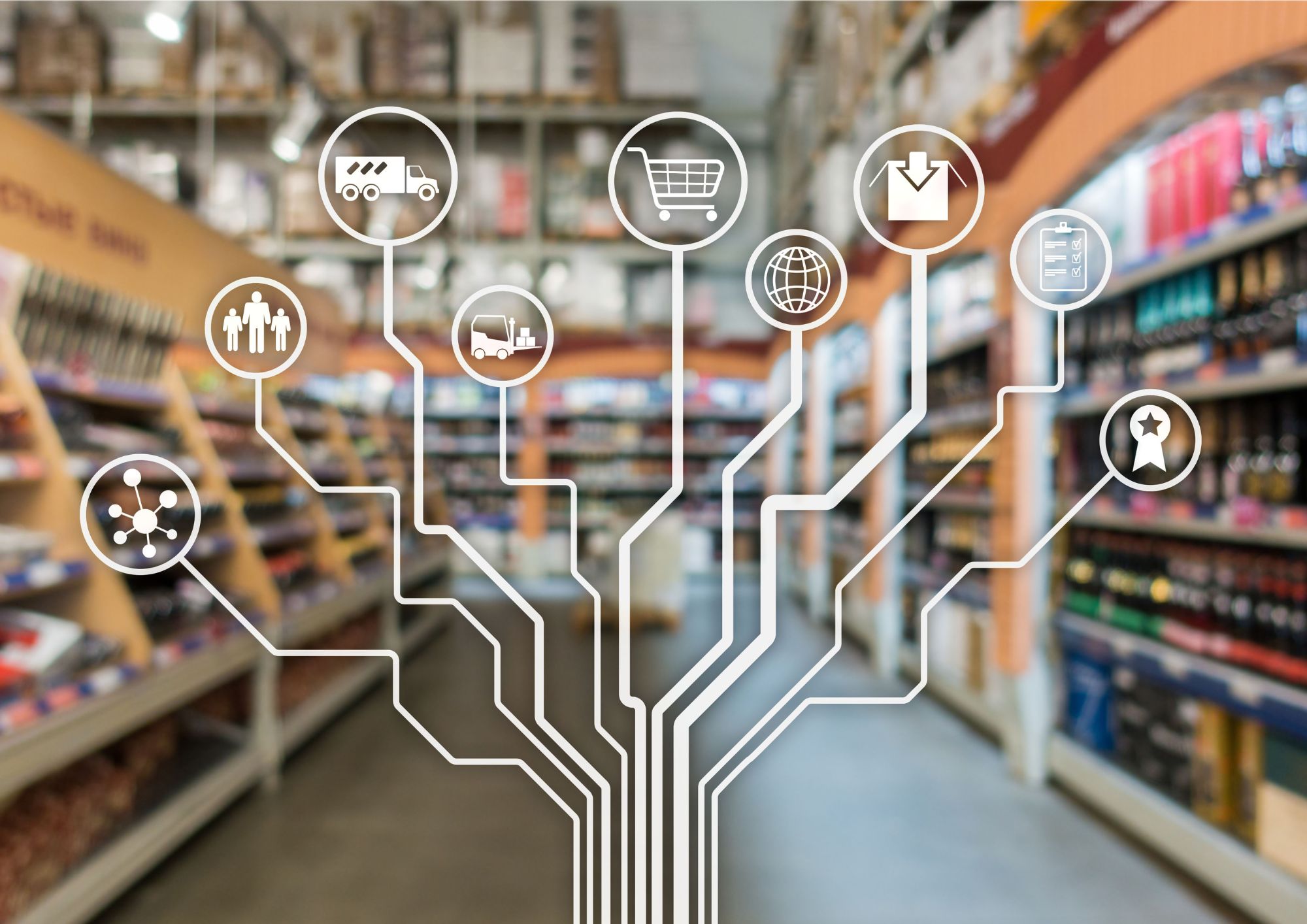The retail and e-commerce sectors have been experiencing significant growth and transformation, thanks to the advent of intelligent automation.
In this comprehensive guide, we’ll delve deep into the impact of this technology on retail and e-commerce, examining its role in enhancing the customer experience and optimizing various business processes.
We’ll discuss real-life examples, facts, and figures to demonstrate how intelligent automation is revolutionizing these industries.
The Rise of Intelligent Automation in Retail and E-Commerce
Intelligent automation combines artificial intelligence (AI), machine learning, and robotic process automation (RPA) to streamline operations, improve decision-making, and enhance the customer experience in retail and e-commerce.
The global intelligent automation market is expected to reach $15.8 billion by 2025, with a CAGR of 12.5% from 2020 to 2025 (source: MarketsandMarkets).
AI in E-Commerce
AI is playing an increasingly critical role in e-commerce, from chatbots and virtual assistants to personalized product recommendations and predictive analytics.
For example, Amazon uses AI to analyze customer behavior and offer tailored product suggestions, resulting in increased sales and customer satisfaction.
Robotic Process Automation (RPA)
RPA automates repetitive, rule-based tasks, such as data entry, order processing, and inventory management. Walmart, for instance, has implemented RPA to manage supplier invoices, reducing human errors and speeding up the payment process.
Intelligent Automation and the Customer Experience
Intelligent automation is transforming the customer experience in retail and e-commerce, from personalized shopping journeys to improved customer service.
Personalization
AI-powered algorithms analyze customer data, such as browsing history and previous purchases, to provide tailored product recommendations.
Sephora, a beauty retailer, uses AI to offer personalized makeup suggestions based on customers’ skin tone and preferences.
Chatbots and Virtual Assistants
Intelligent chatbots and virtual assistants can handle customer inquiries, process orders, and even offer personalized shopping advice.
According to a study by Juniper Research, chatbots are expected to save businesses $8 billion annually by 2022.
Augmented Reality (AR)
AR is enhancing the online shopping experience by allowing customers to virtually try on products, such as clothes or furniture, in their own environment. IKEA’s AR app, IKEA Place, enables customers to visualize how furniture would look in their homes before purchasing.
Optimizing Business Processes with Intelligent Automation
Intelligent automation is streamlining retail and e-commerce operations, from inventory management to customer service.
Inventory Management Automation
AI-powered inventory management systems can predict demand, optimize stock levels, and minimize overstocking and stockouts.
A study by McKinsey found that implementing AI in inventory management could reduce stockouts by up to 65%.
Automation in Customer Service
Intelligent automation can handle routine customer service tasks, freeing up human agents to focus on more complex issues.
For example, the clothing retailer H&M uses AI to analyze customer emails and automatically route them to the appropriate department.
The Future of Retail and E-Commerce with Intelligent Automation
As intelligent automation continues to advance, its impact on retail and e-commerce will only grow.
In the future, we can expect further integration of AI, machine learning, and RPA into various aspects of retail and e-commerce, leading to even more efficient, personalized, and engaging customer experiences.
Voice-Activated Shopping
Voice-activated shopping, powered by AI, is expected to become increasingly prevalent in the coming years. According to OC&C Strategy Consultants, voice shopping is predicted to reach $40 billion by 2022 in the US alone.
Autonomous Delivery and Fulfillment
Intelligent automation is likely to play a significant role in the future of delivery and fulfillment.
Companies like Amazon are already experimenting with autonomous drones and robots for package delivery, while automated warehouses are becoming more commonplace.
Enhanced Data Security
As more customer data is collected and processed by AI systems, ensuring data security will become even more critical.
Advanced machine learning algorithms can help detect and prevent security breaches, safeguarding customer information and building trust in the retail and e-commerce sectors.
Intelligent automation is changing the face of retail and e-commerce by enhancing the customer experience, optimizing business processes, and paving the way for new and innovative applications.
As AI, machine learning, and RPA continue to advance, the potential for further transformation in these industries is vast.
Stay ahead of the curve by embracing intelligent automation and leveraging its benefits to create a more efficient, customer-centric, and competitive retail and e-commerce landscape.
Thank you for reading our blog, we hope you found the information provided helpful and informative. We invite you to follow and share this blog with your colleagues and friends if you found it useful.
Share your thoughts and ideas in the comments below. To get in touch with us, please send an email to dataspaceconsulting@gmail.com or contactus@dataspacein.com.
You can also visit our website – DataspaceAI


